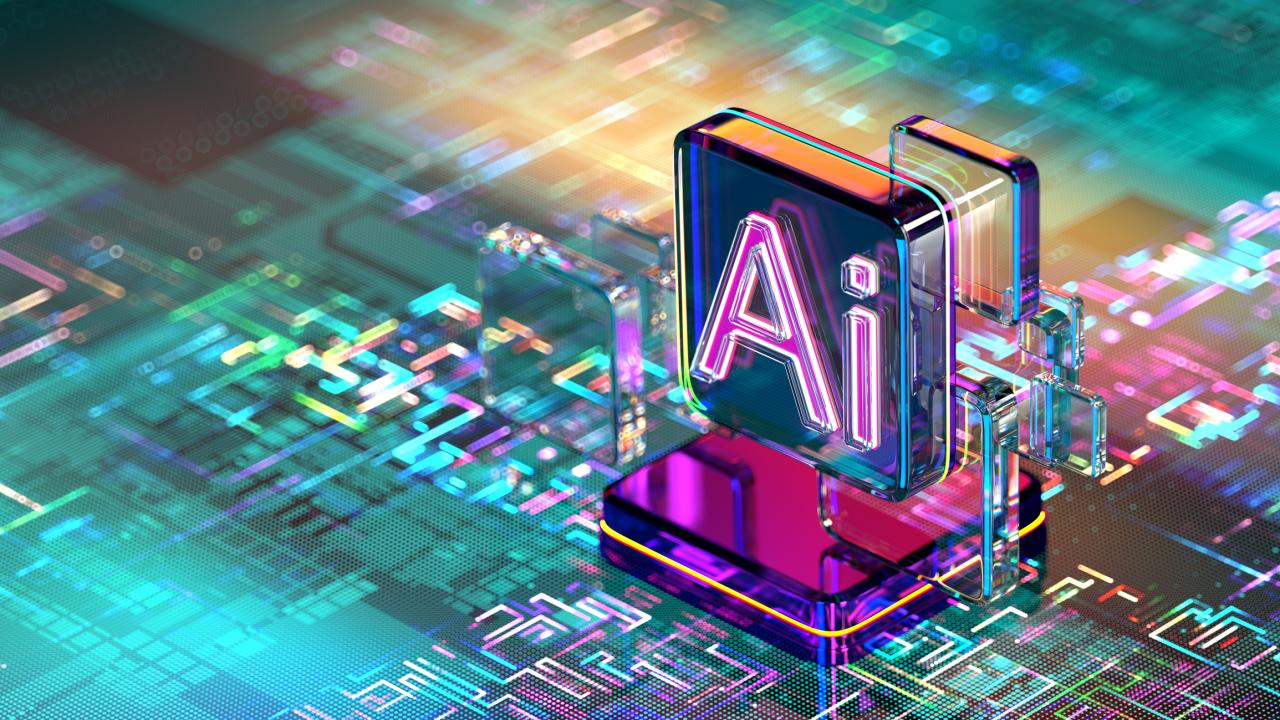AI Tools That Can Make Your Android Faster offer innovative solutions to enhance device performance, providing an efficient user experience in a fast-paced digital world. As mobile technology continues to evolve, users find themselves constantly seeking ways to optimize their Android devices, whether for gaming, multitasking, or productivity. This exploration of AI-powered applications reveals how they can intelligently manage resources, streamline processes, and ultimately boost the speed and responsiveness of Android systems.
The integration of artificial intelligence into mobile applications is transforming the landscape of performance enhancement, making it crucial for users to understand these tools. From cache cleaning to memory optimization, AI tools simplify complex processes, allowing users to focus on what matters most – a smooth and fast Android experience.
In recent years, the field of artificial intelligence (AI) has grown exponentially, influencing various sectors from healthcare to finance, and even entertainment. The integration of AI technologies into everyday applications has sparked discussions on the implications of this rapid advancement. This article aims to explore the multifaceted impact of AI on society, examining both the potential benefits and the challenges that accompany its rise.
The concept of artificial intelligence dates back to the mid-20th century, with pioneers such as Alan Turing and John McCarthy laying the groundwork for what would become a transformative force in technology. At its core, AI refers to the simulation of human intelligence processes by machines, particularly computer systems. These processes include learning, reasoning, and self-correction.
As AI continues to evolve, its ability to analyze large datasets, recognize patterns, and make predictions has improved significantly, leading to advancements in machine learning and deep learning.
One of the most significant benefits of AI is its potential to enhance productivity across various industries. In manufacturing, for example, AI-driven robots can perform repetitive tasks with high precision, thereby reducing the time and cost associated with human labor. Companies are increasingly turning to AI to streamline operations, optimize supply chains, and improve quality control.
A report from McKinsey estimates that AI could potentially add $13 trillion to the global economy by 2030, underscoring its capacity to drive economic growth.
In the realm of healthcare, AI applications are revolutionizing patient care and diagnosis. Machine learning algorithms can analyze medical images with remarkable accuracy, assisting radiologists in identifying tumors or other abnormalities. Additionally, AI-powered predictive analytics can assess patient data to forecast potential health issues, enabling proactive interventions. For instance, tools like IBM’s Watson have been deployed to assist in cancer diagnosis and treatment recommendations, highlighting how AI can complement human expertise in complex decision-making scenarios.
Beyond improving efficiency and accuracy, AI also has the capability to enhance customer experiences. In the retail sector, businesses leverage AI to personalize shopping experiences, using algorithms to analyze consumer behavior and preferences. Chatbots and virtual assistants, powered by natural language processing, have become commonplace in customer service, providing instant support and information. According to a study by Salesforce, 69% of consumers prefer to engage with chatbots for quick answers, indicating a growing acceptance of AI in everyday interactions.
However, alongside these advantages, the rise of AI presents several challenges that warrant careful consideration. One significant concern is the potential for job displacement. As AI systems become more capable, there is a growing fear that machines will replace human workers, particularly in sectors that rely heavily on repetitive tasks. A report from the World Economic Forum suggests that by 2025, automation could displace 85 million jobs globally, while simultaneously creating 97 million new roles.
This transition necessitates a re-evaluation of workforce skills and training programs to prepare individuals for a dynamic job market.
Ethical considerations also come to the forefront of discussions surrounding AI. The algorithms that power AI systems are often perceived as “black boxes,” making it challenging to understand how decisions are made. This opacity can lead to biases in AI applications, particularly in areas such as hiring, lending, and law enforcement. Instances of biased AI outcomes have raised concerns over fairness and accountability, prompting calls for transparency and regulation in AI development.

Ensuring that AI systems are designed ethically and inclusively is crucial to building trust in this technology.
Data privacy is another critical issue associated with the adoption of AI. The effectiveness of AI systems relies heavily on vast amounts of data, often sourced from users’ personal information. This dependence raises questions about consent, ownership, and data security. High-profile data breaches have heightened awareness of the need for robust privacy regulations, as individuals increasingly demand greater control over their data.
The General Data Protection Regulation (GDPR) in Europe serves as a model for how legal frameworks can safeguard user privacy while enabling the responsible use of AI.
The impact of AI is also felt in the realm of policy and governance. As AI technologies advance, governments must navigate the complexities of regulation and oversight. Policymakers are tasked with striking a balance between promoting innovation and ensuring public safety. International collaboration is essential to address the global implications of AI, as its applications transcend national borders.
Initiatives like the OECD’s AI Principles aim to provide a framework for responsible AI development, emphasizing the importance of human-centered values.
As AI continues to integrate into various facets of society, it is imperative for stakeholders—including businesses, governments, and individuals—to engage in ongoing dialogue about its future. The potential for AI to drive significant advancements is tempered by the need for responsible implementation, ethical considerations, and a commitment to inclusivity. Education and awareness will play a pivotal role in preparing society for an AI-driven future, ensuring that individuals are equipped with the skills necessary to thrive in an evolving job market.
In conclusion, the rise of artificial intelligence presents a unique set of opportunities and challenges that will shape the future of society. From enhancing productivity and improving healthcare outcomes to addressing ethical concerns and data privacy issues, the impact of AI is profound and far-reaching. As we move forward, collaborative efforts are essential to harness the benefits of AI while mitigating its risks.
By fostering a culture of innovation, responsibility, and inclusivity, we can navigate the complexities of AI and create a future that is equitable and beneficial for all.





